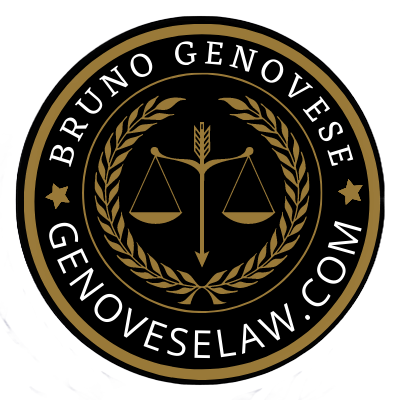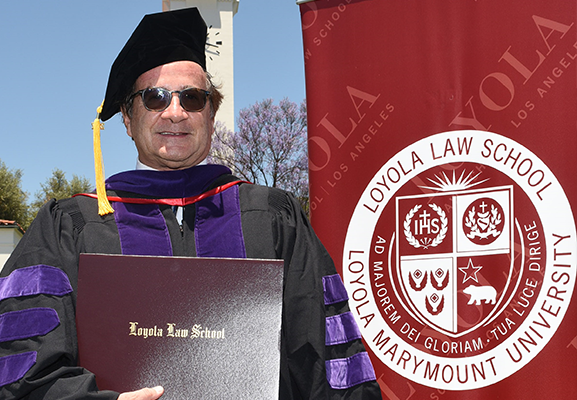Introduction
When you first signed up for that “foolproof” French leaseback property, it probably looked like a dream: beautiful location, guaranteed rental income, a slice of French life with none of the hassle. But like the infamous French cheeses, some leaseback deals can start smelling funky over time. Suddenly, your investment feels less like a “brie”-lliant decision and more like an overripe camembert that’s been left out in the sun. If your leaseback has started to stink, it may be time to call in a French lawyer to help you cut through the odor of contracts and obligations.
In this article, we’ll explore the “cheese factor” of French leasebacks and why, when things start smelling off, a French lawyer might be your best chance to salvage your investment.

1. The Grand Illusion: A Tale as Old as Cheese
French leaseback properties were sold as no-strings-attached investments, with promises of stress-free income and idyllic views. However, as many investors have learned, French leasebacks can turn tricky faster than milk to fromage.
Imagine this: you buy a charming studio in a tourist hot spot, but a few years in, the charm starts to wear off. Rent payments shrink, maintenance fees mysteriously balloon, and your “guaranteed” income smells like a camembert left too long in the fridge.
The Funky Truth: Many leaseback contracts are packed with complex clauses that can lead to unpleasant surprises. It’s often at this stage—the “stinky cheese” phase—that owners realize they need legal help.
Solution: A French lawyer can navigate these contracts with a magnifying glass and a clothespin, helping you understand the true costs and guiding you on the best course of action.
2. That “Guaranteed” Income: The Hole-y Gruyère in Your Plan
When you signed up, the guaranteed rental income sounded solid. But what they didn’t mention is that “guaranteed” in leaseback language can have as many holes as a good Gruyère. Over time, rent reviews, renegotiations, and economic shifts can make those payments shrink like a block of cheese on a warm day.
The Funky Truth: Many owners find themselves receiving less rental income than expected, sometimes due to “management fees” and “upkeep costs” that seem to multiply overnight.
Solution: A French lawyer can help you get to the bottom of these deductions, ensuring you’re not being gouged on fees and even exploring options for rent renegotiation or compensation if the terms don’t stack up.
3. Exit Strategies That Smell Like a Roquefort Left in a Sauna
Let’s say you’ve had enough and want out. You go to sell, expecting the same eager market that you were promised at the start, only to find out that selling a leaseback property can be as challenging as getting someone to eat a particularly potent Roquefort. Many potential buyers shy away from properties tied up in lengthy leases, limited by tourism restrictions, and “surprise” fees.
The Funky Truth: Exiting a French leaseback is often a complex and smelly affair. Unlike a regular property sale, you’re dealing with contracts that might discourage potential buyers and fees that could eat away at your profits.
Solution: Here’s where a French lawyer becomes invaluable. They can guide you through possible exit strategies, from negotiating an early termination with the property management company to exploring resale options that minimize financial loss. It’s like having a personal sommelier for your real estate issues, sniffing out the best possible exit strategy.
4. “Special” Maintenance Fees: Because Your Wallet Needs a Workout, Too
If you’ve owned a French leaseback for more than a year, you may have noticed a curious trend: maintenance fees that seem to multiply like baguettes in a boulangerie. Often, these fees are neither well-explained nor negotiable, leading you to wonder if your property manager has been stocking up on artisanal cheeses with your money.
The Funky Truth: The maintenance fees on French leasebacks can add up fast, often eating away at your profits. Common areas, gardens, pool upkeep—it’s all fair game for added fees that somehow keep inflating, even if the pool is closed half the year.
Solution: A French lawyer can help you audit these fees and ensure that you’re only paying for necessary expenses. If they find a whiff of foul play, they can challenge fees on your behalf, potentially saving you a bundle (and a headache).
5. The “Guaranteed Rent” That’s Like a Melted Brie
Guaranteed rental income sounds stable and safe—until it’s not. Some owners find that this so-called “guarantee” is more like a melted brie: it looks solid at first but quickly goes soft under pressure. Property managers can find legal loopholes to reduce or delay payments, leaving you holding onto a half-baked guarantee.
The Funky Truth: Guarantees in leaseback contracts often come with caveats that allow property managers to adjust rent, suspend payments, or even withhold income in “unforeseen circumstances” (read: low tourism or economic downturns).
Solution: A French lawyer can help you enforce the terms of your agreement, ensuring you receive the income you’re entitled to—or negotiating terms that make it less likely you’ll end up with a guarantee that’s all rind and no cheese.
6. When the Syndic de Copropriété is as Cooperative as a Hard-Crusted Baguette
If you thought dealing with a property management company would be smooth, think again. The “syndic de copropriété” (the property management company) often has as much flexibility as a hard-crusted baguette. They might not prioritize maintenance issues, delay necessary repairs, or hike up fees without explanation.
The Funky Truth: Many syndics act as though they’re in complete control, with minimal input from owners. They can be difficult to work with, especially if you’re trying to negotiate fees, repairs, or exit options.
Solution: A French lawyer can advocate for you in disputes with the syndic, ensuring you aren’t paying for services you didn’t approve or repairs that never happened. They’ll help you crack through the hard crust and get to the heart of the matter.
7. The Rescue Plan: Why a French Lawyer is the Brie to Your Baguette
If your leaseback property is starting to feel like a liability and your income is feeling the strain, it might be time to bring in a French lawyer. Unlike U.S.-based legal advisers, French lawyers have an intimate knowledge of leaseback regulations and can offer strategies specific to France’s unique property laws.
Advantages of a French Lawyer:
- Local Expertise: A French lawyer can navigate French leaseback laws with ease, helping you understand your rights, obligations, and options.
- In-Depth Contract Analysis: French lawyers can identify loopholes, negotiate fees, and ensure that you aren’t paying for “surprise” expenses.
- Advocacy with the Syndic and Beyond: If you need to renegotiate fees or terminate your contract, a French lawyer knows how to deal with syndics, who are often more cooperative with local legal professionals.
- Exit Strategy Options: Whether through resale, renegotiation, or early termination, a French lawyer will help you cut through the odor and find a realistic exit strategy.
Think of it this way: a French lawyer is like a perfectly aged brie—smooth, nuanced, and capable of enhancing even the funkier aspects of your leaseback experience.
Conclusion
French leaseback properties may look like an easy investment on the surface, but as the cheese factor grows, so does the need for expert help. When maintenance fees balloon, income dwindles, and selling feels impossible, a French lawyer is your best ally in cutting through the smell. They’ll help you slice through the complexities, renegotiate where needed, and develop an exit strategy that minimizes loss.
So if your leaseback has gone from a mild chèvre to a pungent Roquefort, don’t ignore the odor. Call in a French lawyer and get the professional help you need to keep your investment fresh. After all, even the funkiest cheese can be tamed with the right expertise—and a slice of French legal savoir-faire.





